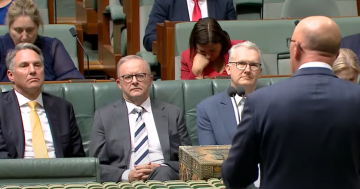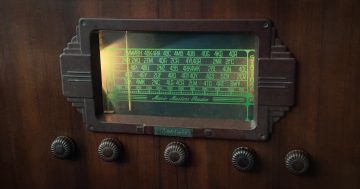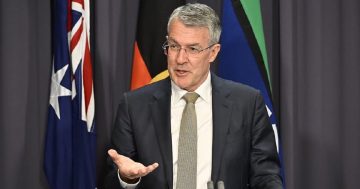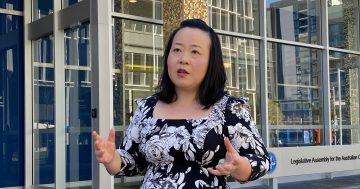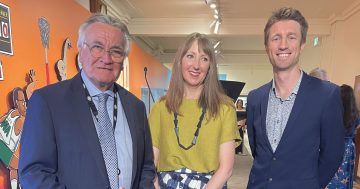
A very long time ago when I was starting out in radio one of the old hands told me sadly that even though we had access to a moderately powerful transmitter, there were many important things that needed be said but could never be heard on the home receiver because “they” wouldn’t allow it.
Whether that was true or it was simply a poor grasp of the possibilities of the medium preventing my dispirited colleague from getting the word out is something for which there is still no definitive answer.
But when it comes to what we can and can’t say in a public forum, anyone who thinks an Australian politician in opposition promising “free speech” or its first cousin “transparency in government” will live up to either of those noble sentiments once they’re elected is almost always doomed to disappointment.
I have put this exact proposition to opposition leaders in the past and received stiff and frosty responses along the lines of “That may have been the case with other governments, Mike, but with us it will be different”.
Invariably it is not.
Prime Minister Abbott claims the reason he’s caved on 18C is because he doesn’t want to jeopardise “National unity”.
This is a slight variation on the reason usually given when a previously tough talking opposition but now frightened government welshs on its pre-election promise: “We find we can’t do it, because it wouldn’t be in the National/State interest”.
“National/State interest” is of course code for “Our career interest”.
Rumblings are that the repeal or even re-drafting of the legislation is just too contentious for nervous backbenchers worried about their maybe one time majorities.
I am a little surprised at some of the politicians who have abandoned anonymity to tell us what they think: Zed Seselja for example, who wants delay not change.
From what I recall of our exchanges when I was in Canberra on 2CC I would have thought the Senator was rather more small “l” liberal than his position now suggests.
In any event the government has had more than enough time to get it right – they could have addressed the issue last time around.
Fact is we’ve never had free speech as such in Australia.
I have a theory that’s why we’ve produced such good political cartoonists over the years – much funnier and sharper than the Americans and about on a par with the English.
In the US, where they really do have free speech, it’s not necessary to be oblique when it comes to making your point – you can just come right out and say it.
Here we can (could?) get away with more than the PC crowd want to allow if that point is carried with genuine humour.
I recall a case years ago where a New South Wales Premier sued a radio announcer for defamation.
When the offending tape was played in court, the jury laughed.
If the plaintiff didn’t realise at that moment his case would fail, he should have.
You’ll notice I used the description “radio announcer”.
Stephen Mayne, the originator of Crikey, once referred to me as a “shock jock” and then went on to write “Sorry Mike, but ‘radio announcer’ is just too boring”.
I take his point – “shock jock” does hold a lot more promise for the listener than plain old “radio announcer”.
But for the record, there are no “shock jocks” as such in this country.
The term has become completely divorced from its original meaning and become a lazy pejorative most often applied to a broadcaster with whose opinions the speaker disagrees: the implication is that the individual in question makes outrageous statements purely for effect and has no real credibility.
The phrase “shock jock” was coined by a Washington journalist for a man named Howard Stern who went on to make millions pushing the envelope on the broadcast airwaves and who can still be heard on subscription satellite radio.
Howard once said his success was down to featuring lesbians performing soft porn on his show.
On another occasion he claimed to have the most carefully honed collection of penis jokes in American broadcasting.
I give those small examples while avoiding some of the comments Howard has made over the years which we in this country would find truly shocking to illustrate that the shock jock concept had a lot more to do with outraging America’s puritan sensibilities than it did with analysing politics.
Of course when it comes to bawdy humour, there’s plenty to be found, if not on broadcast radio then certainly on subscription TV.
Censorship of that sort of material is almost non-existent compared to when I started out in media.
But as for freedom to discuss the real issues that make a difference to our day and where this country is headed, we’re going backwards.














